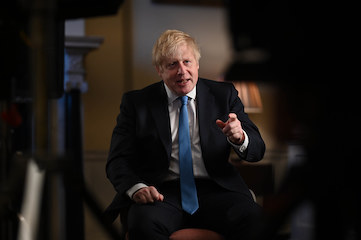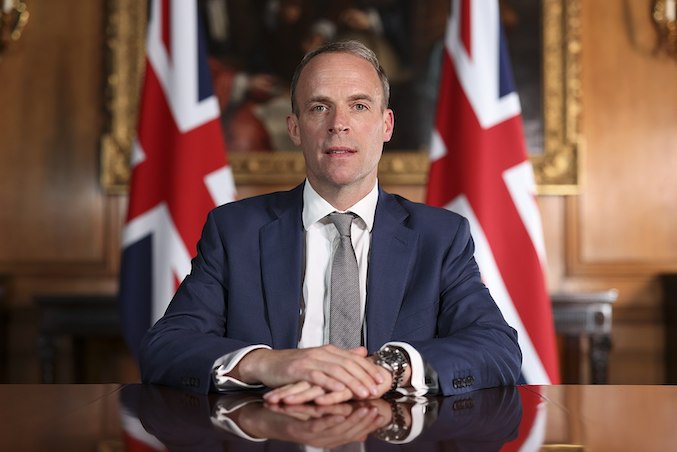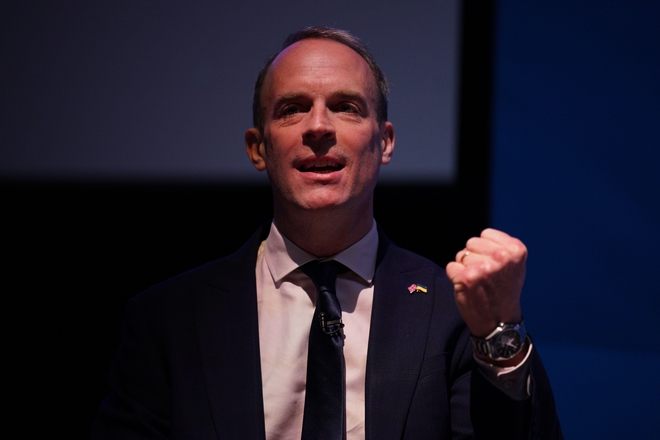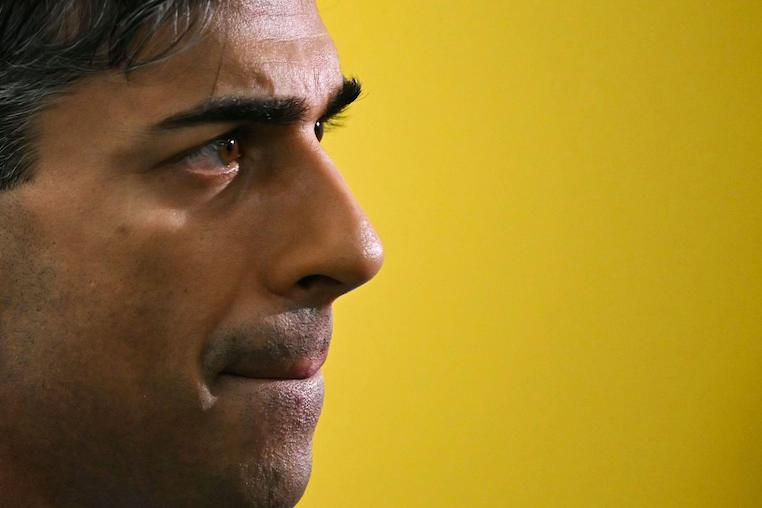The Civil Service is the operational and management tool of the Government. While Government Ministers make political and policy decisions, civil servants provide support for this work and implement the outcomes of the policy-making process.
The most senior civil servant is the Cabinet Secretary, who heads the Cabinet Secretariat in the Cabinet Office. The Secretariat is focused on ensuring that Government business is conducted in a timely and efficient manner. It facilitates the work of the Cabinet and of Cabinet Committees.
Civil servants are required by the Civil Service Code to show ‘integrity, honesty, impartiality and objectivity’ in all their work assisting the Government in making and administering policy. They are required, as servants of the Crown, to owe their loyalty to the Prime Minister, who is invited by the Monarch to form a government.
Each individual Government department has a Permanent Secretary, who heads up the civil servants in that department. The Permanent Secretary is responsible to the Minister and to Parliament for the operational competence of the department. The Minister alone is responsible for policy and decision-making.
The Permanent Secretary is also known as the Accounting Officer, in that he or she is accountable to Parliament for all departmental expenditure, not least to the Commons Committee on Public Accounts. Beneath the Permanent Secretary in each department are the ranks of Deputy Secretary, Under Secretary and Assistant Secretary.










